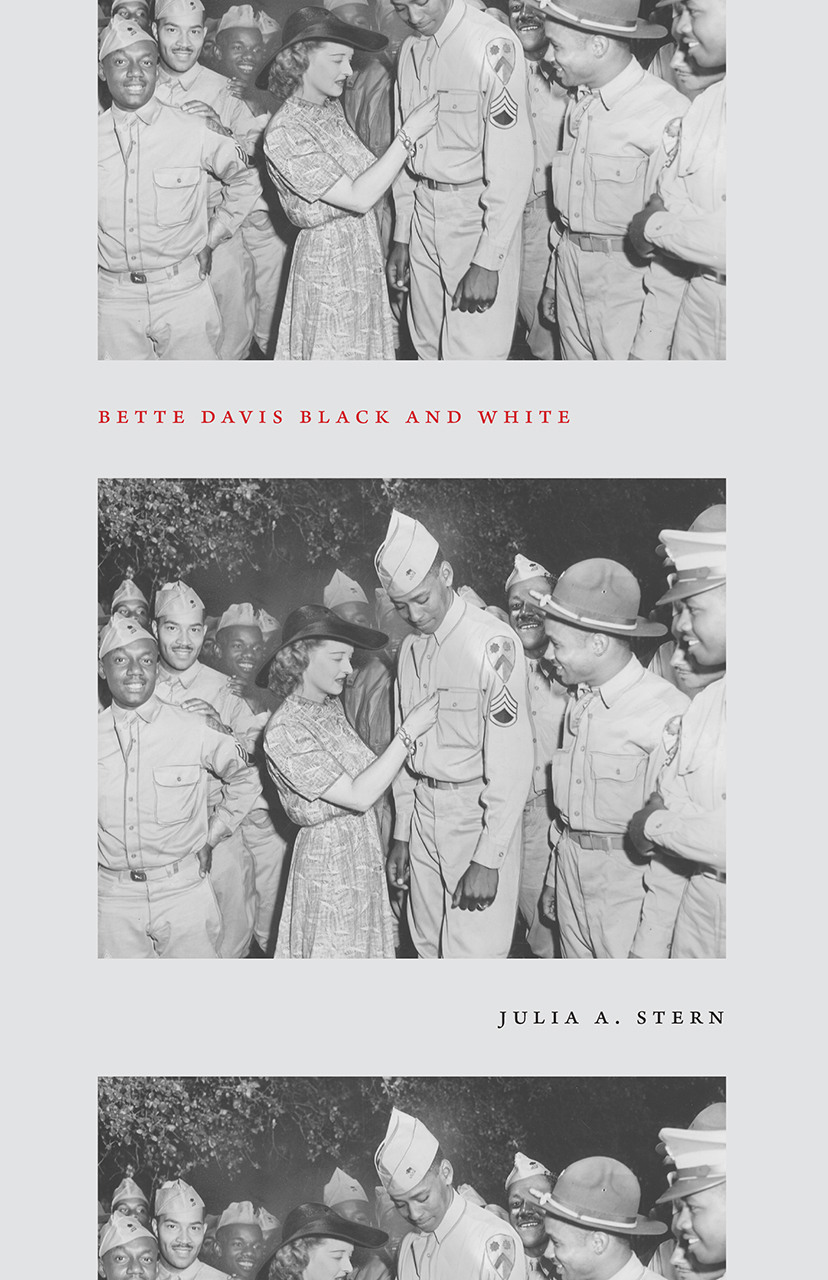David Bordwell, the preeminent film scholar of his generation, passed away on February 29 after a long illness. The University of Chicago Press was privileged
As we settle in for the cold winter months in Chicago, many of us turn to our favorite television shows for entertainment. Whether streaming an
Bette Davis was not only one of Hollywood’s brightest stars, but also one of its most outspoken advocates on matters of race. In Bette Davis Black
It’s University Press Week! Today’s blog tour theme is ‘Speaking Up & Speaking Out’. Who better to reflect on the subject than activist and journalist
The University of Chicago Press is proud to announce that The Alexander Medvedkin Reader has been named the best scholarly translation into English for 2017
Molly Haskell’s From Reverence to Rape: The Treatment of Women in the Movies is now in its third edition (accompanied by Manohla Dargis’s new foreword)—and the
In a piece for TCM’s blog Movie Morlocks, critic Susan Doll posted a tribute to the new edition of Molly Haskell’s classic feminist takedown of
Via an excerpt from the postscript to Roger Ebert’s Two Weeks in the Midday Sun, up at Esquire: My wife and I sit all by ourselves at the
Just in time for this week’s opening days of the 2016 Cannes Film Festival, we’re thrilled to publish Roger Ebert’s Two Weeks in the Midday Sun:
Our free e-book for March is Ebert’s Best by Roger Ebert. Download your copy here. *** Roger Ebert is a name synonymous with the movies. In Ebert’s



